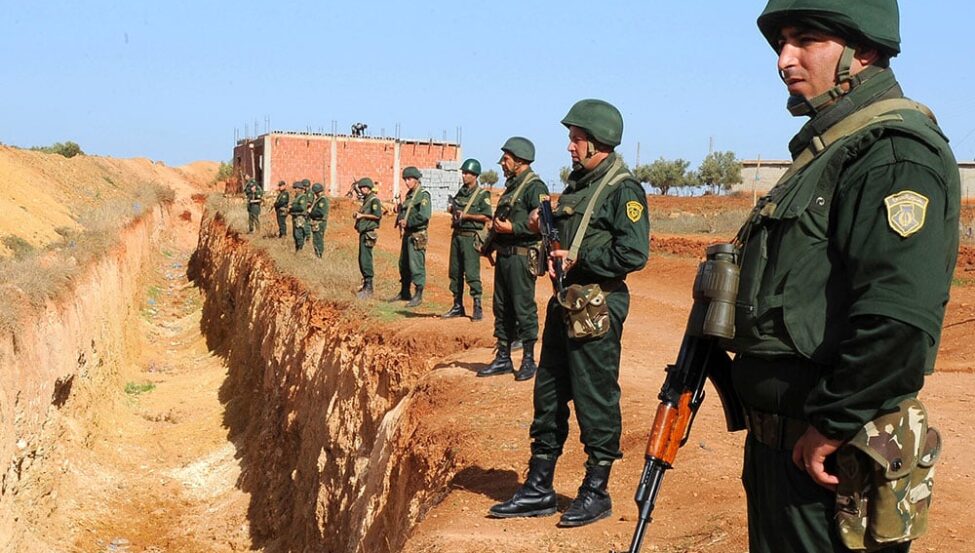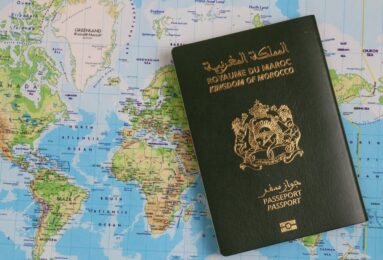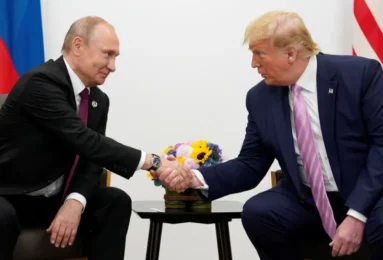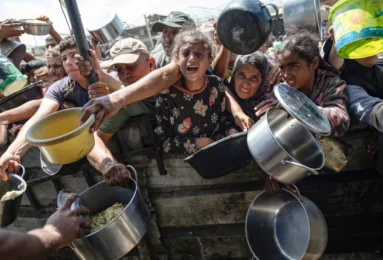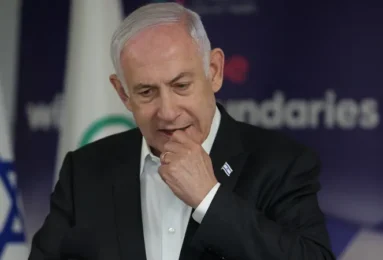Since Algeria severed diplomatic ties with Morocco in 2021, the two North African neighbors have narrowly avoided armed conflict despite a series of incidents that could have led to escalation.
Rhetoric from both Rabat and Algiers has often painted direct war as an imminent threat. Yet, mutual restraint has so far preserved an uneasy peace. However, growing hostilities, rampant online hate speech, an intensifying arms race, and geopolitical uncertainties—exacerbated by shifting U.S. policies under the incoming administration of Donald Trump—continue to cast a shadow over the region’s stability.
A recent report by the International Crisis Group (ICG), Managing Tensions between Morocco and Algeria, highlights the precarious nature of the relationship, warning that tensions have repeatedly come close to boiling over since Algeria cut ties with Morocco.
Long-standing Disputes
At the heart of the crisis are long-standing grievances. Algeria perceives Morocco’s 2020 normalization of ties and military cooperation with Israel as a direct threat to its national security. Meanwhile, Rabat views Algiers’ unwavering support for the Polisario Front—that advocating for the independence of Western Sahara, which Morocco considers part of its territory—as a fundamental threat to its sovereignty.
According to the ICG report, Morocco’s deepening ties with Israel, including defense cooperation, have only exacerbated Algerian fears of encirclement.
Risks of Escalation
The report warns that the potential for escalation remains high. Diplomatic ties, already at their nadir, show no signs of improvement, and the risk of miscalculation looms large. Morocco’s statement supporting the right to self-determination in the Kabylie region of Algeria, in particular, could act as a catalyst for wider conflict.
Despite the hostility, mutual restraint and diplomatic pressure, particularly from the United States, have thus far prevented outright war. However, the ICG cautions that these stabilizing factors may not hold indefinitely, with “escalatory pressures” threatening to destabilize the fragile status quo.
A Call for International Mediation
The report urges Western governments to act as mediators, helping to manage tensions and prevent the region from spiraling into open conflict. Recommendations include curbing arms sales to both nations, revitalizing UN-sponsored negotiations on Western Sahara, and ensuring the UN mission in the region is fully operational.
Protecting civilians and fostering conditions for dialogue are also critical, the report emphasizes, particularly as both nations continue to engage in a costly arms race.
While direct conflict has been avoided for now, the path to lasting peace between Morocco and Algeria remains elusive. Without meaningful international intervention and a commitment to dialogue, the risk of escalation will persist—a threat not only to the region but to broader geopolitical stability.

